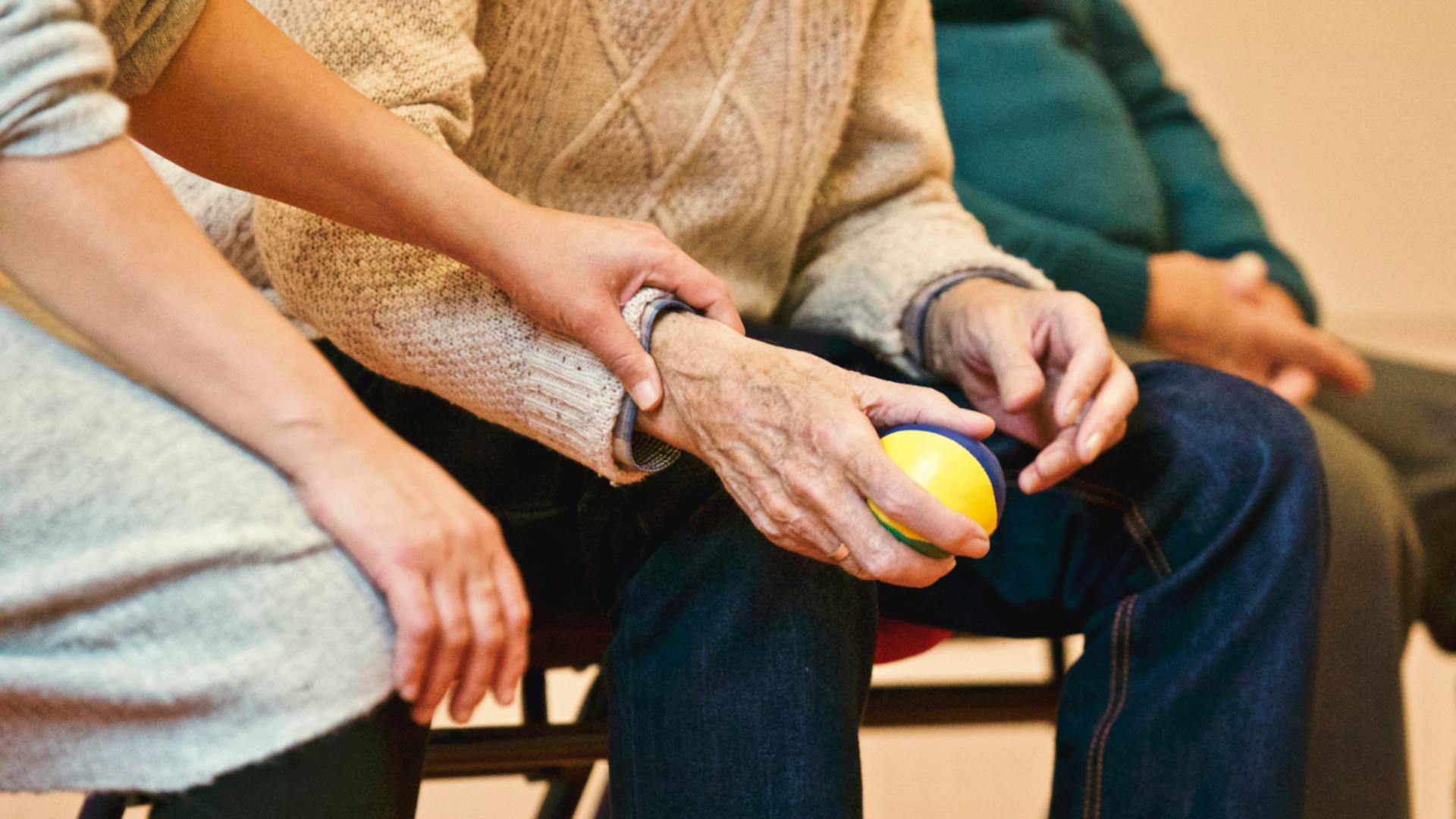Keve-backed group criticises handling of disability care debate
The Cyprus association of care home owners on Wednesday expressed “strong dissatisfaction” over the way House labour committee discussed living conditions in private and state care homes for people with dissabilities.
The association, a member of the Cyprus Chamber of Commerce and Industry (Keve), stressed that its exclusion from the discussion was unacceptable, “especially given its role as the primary institutional representative of the private care sector”.
The association argued that its absence led to a “distorted representation” of the realities faced by private elderly care homes, as well as the ongoing efforts of professionals working in the sector.
This reaction followed statements made on Tuesday by members of parliament, who voiced serious concerns regarding the conditions in both state-run and private care homes.
“Poor hygiene conditions, inadequate medical care, lack of adequate staffing and personnel and the absence of social and psychological support are just some of the problems that have been recorded,” committee chairman Andreas Kafkalias said after the session.
He added that the number of available places in care facilities did not adequately meet the current needs.
Kafkalias also criticised the Deputy Ministry of Social Welfare and the Social Welfare Services, saying they had failed to ensure dignified and safe living conditions for residents.
He raised particular concern over a case involving the death of a disabled person in a state care home in Kato Polemidia on May 16, which he said had not yet been investigated.
The issue was brought to light by Disy MP Rita Superman, who mentioned that a formal request for clarification had been submitted to the deputy ministry.
“A man lost his life while under the supervision of caregivers who have no knowledge of first aid. Obviously something is wrong,” she said.
She added that it remained unclear whether a comprehensive investigation into the case had been launched and appealed to the Social Welfare Services “not only to apply the minimum criteria required by law, but for the purpose of protecting the residents and ensuring their dignified living.”
Kafkalias added that reports of caregivers working without first aid certificates were seriously worrying.
“Supportive living homes need to be strengthened with staff, resources and supervision,” he said.
In reference to these statements, particularly allegations of “interests behind nursing homes” and “caregivers without first aid certification,” the association issued a call for “responsibility and accuracy“.
“All stakeholders must rely on documented facts,” they said.
“Generalisation and indiscriminate targeting serve neither the quality nor the transparency that we all aim for,” they added.
In its statement, the association reaffirmed its “stable and constructive cooperation” with the Deputy Ministry of Social Welfare, saying that it “continuously works to improve service provision, upgrade infrastructure, and address individual incidents in a timely manner”.
It also said that it has “contributed significantly to the development and implementation of the subsidy scheme for accommodation and care in elderly homes, within the framework of the established tripartite cooperation with the Deputy Ministry and Keve“.
The association continued by saying that it “played an active role in designing the digital application platform and in defining strict, qualitative and objective participation criteria“.
“As a result of these consultations, specific standards were set for providers participating in the scheme,” it explained.
The association pointed out that “only those offering certified and high-quality care services, holding a valid operating licence or with documented pending issues under evaluation by the competent authority, are included“.
What is more, the association said that it has “repeatedly emphasised that its priorities are ensuring the wellbeing and dignified living of residents”.
It also said that it aims to “promote social justice through equal access to long-term care services, reduce social exclusion and the risk of poverty, and supporting informal caregivers so they can remain active in the labour market”.
Moreover, it stated that it has “the overall qualitative upgrading of care services as a core goal”.
The association concluded by saying that it “remains open to dialogue with the state and competent bodies, with the aim of strengthening care for the elderly and ensuring the smooth operation of elderly care homes with respect, safety and professionalism”.






Click here to change your cookie preferences